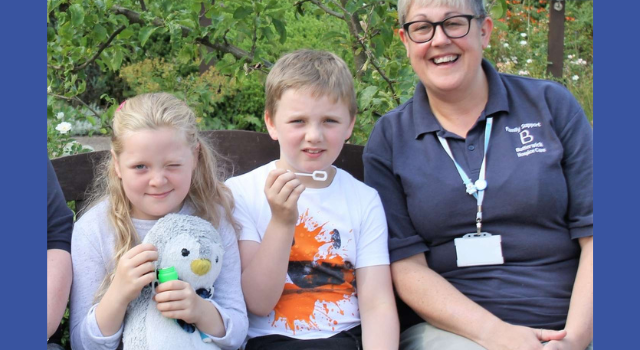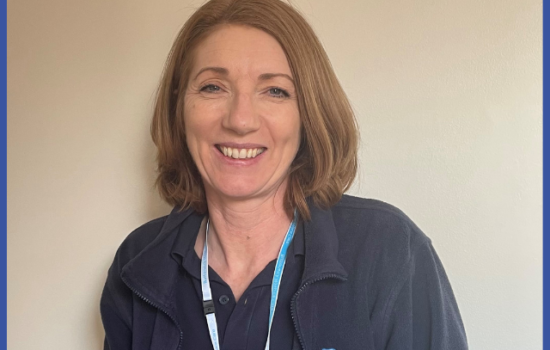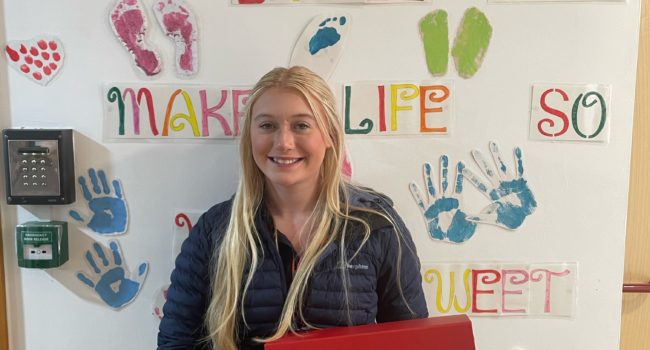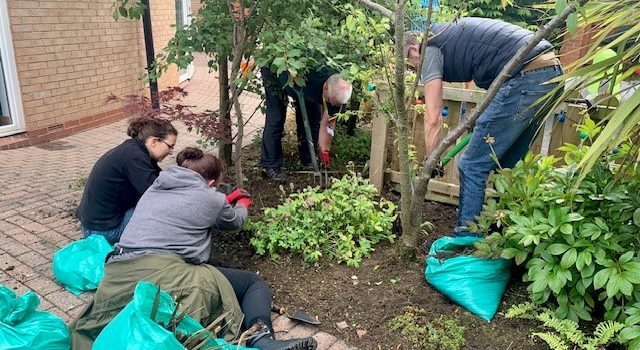Childrens Mental Health Week 2024
This year, from 5th – 11th February, its Children’s Mental Health Week. Our Family Support team provide Counselling for children across Teesside and County Durham, and understand the importance of Children’s Mental Health.
Last year, we provided 428 Counselling sessions for children in our region, many of whom were dealing with bereavement.
We wanted to share an insight from our team of experienced Counsellors in light of this important awareness week, so we spoke to Heather Bell, one of our Family Support Counsellors.
What’s different about Children’s Mental Health when comparing to an adult?
Children generally have less control over their environment and can react to things around them quite differently because of that. They can misunderstand or misinterpret things and of course as we all do, they can worry a lot about the unknown. When a child is facing a bereavement, it can be very complex. They might know too much and be overexposed to the full reality of their circumstances, or they might not know enough which can lead to filling in the gaps themselves, and this itself can be harmful.
When children experience a death in the family, it can be very hard for people in their support networks, who are also bereaved, to be fully aware of how to best support the emotional needs of a grieving child at the same time.
What kind of Counselling Services are available to children through Butterwick Hospice?
We offer 1-1 Counselling and School Visits where appropriate.
When a child attends a session at the Hospice, we are able to facilitate a broad range of activities and resources in relation to Bereavement Counselling, specifically for children, which can help with their sessions. We can also take resources into school such as art materials, books and activities to support children in a school setting.
How do you change your approach when working with children?
Actually, there’s a lot that’s similar, giving children the space to talk about how things are for them, and the way we respond to that. We tend to use more resources with children, for example, memory jars, memory boxes, and therapeutic cards which we use to help them talk about their feelings and emotions.
One difference with children is that they might be less forthcoming until they feel safe enough, compared to an adult who might be ready to share from the first session. A parent or a teacher might say ‘you can talk to this lady about how you feel’, but of course their feelings are often the last thing they want to talk about.
It’s important to very gently build the relationship with a child so that they feel safe enough to actually talk about really deep stuff, really personal stuff they’re going through. The client’s safety is important in all Counselling, but its particularly important when counselling a child, because they’ve got to feel safe, rather than simply trust that they’re in a safe space.








